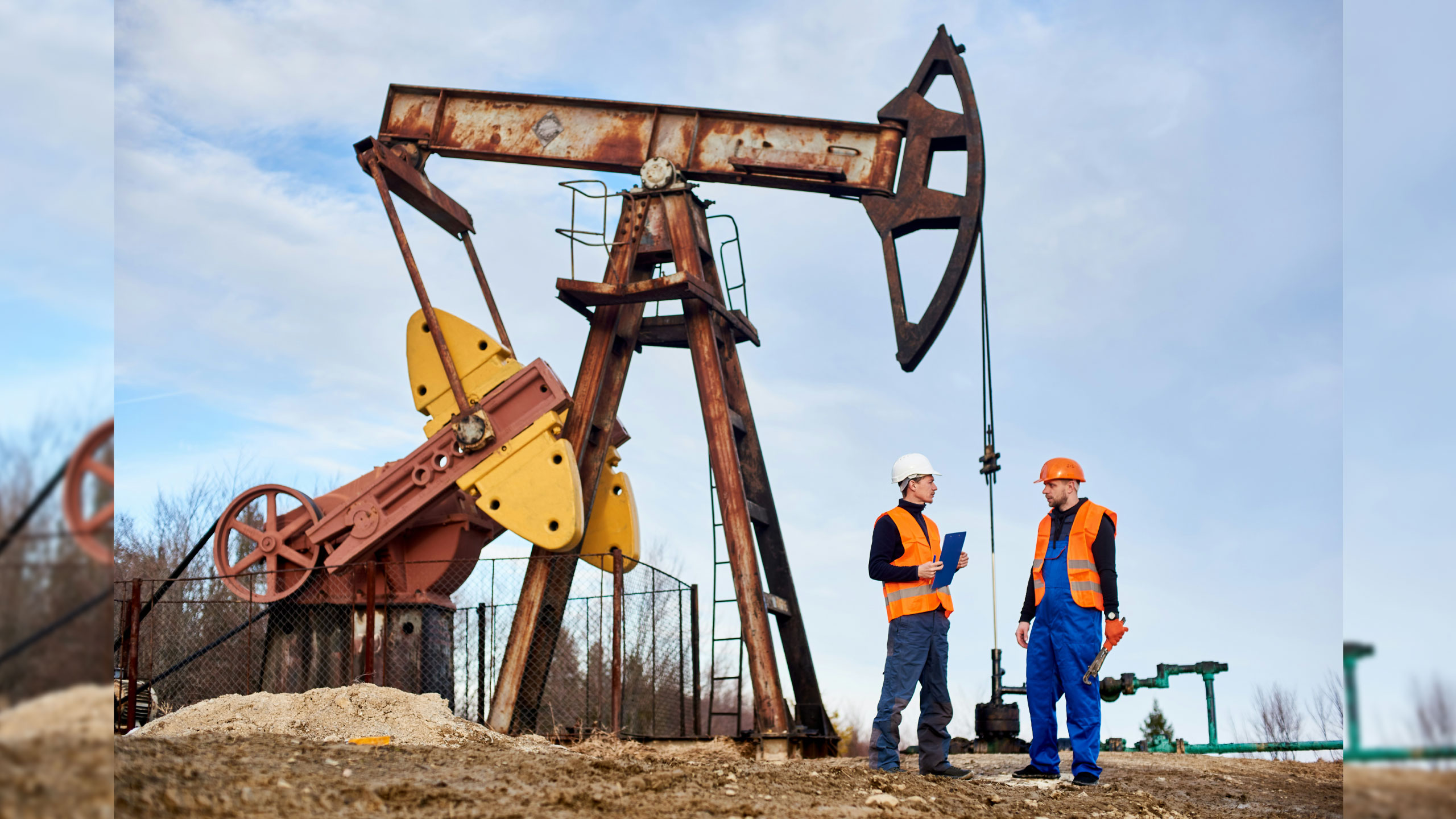
The world relies heavily on various sources of energy to power homes, industries, and transportation systems. Among these sources, oil has long been a cornerstone of global energy supply. The extraction of oil from the earth, facilitated by oil wells, plays a crucial role in meeting the world’s energy demands. Understanding the intricate process and significance of oil wells in energy production provides insight into how our modern society functions.
The Genesis of Oil Wells
Oil wells are engineered structures designed to extract petroleum from underground reservoirs. The process begins with geological surveys and exploratory drilling to locate oil-rich formations. Geologists use seismic surveys and other techniques to identify potential drilling sites. Once a promising site is found, drilling rigs are set up to penetrate the earth’s surface, sometimes reaching depths of several thousand feet.
Drilling and Extraction Process
The drilling process involves several stages. Initially, a surface hole is drilled and lined with a casing to prevent the collapse of the wellbore. A drill bit, connected to a drill string, then bores through rock layers, guided by sophisticated technology that ensures precision. Drilling fluid, or “mud,” is circulated to cool the drill bit, stabilize the wellbore, and bring rock cuttings to the surface.
Upon reaching the oil reservoir, a production casing is inserted and cemented in place. The well is then completed by perforating the casing in the oil-bearing zone, allowing oil to flow into the well. Sometimes, additional techniques like hydraulic fracturing or acidizing are employed to enhance oil flow.
Oil Wells and Energy Production
Once oil starts flowing, it is brought to the surface using pumps or natural pressure. The extracted oil is then transported to refineries, where it is processed into various products such as gasoline, diesel, and jet fuel. This transformation is vital for powering vehicles, aircraft, and industrial machinery.
Oil wells are indispensable in this supply chain, acting as the initial point of extraction. They ensure a steady flow of crude oil, which is crucial for maintaining energy stability and meeting global demand. The efficiency and productivity of oil wells directly impact the availability and price of petroleum products.
Technological Advancements in Oil Extraction
The oil industry has witnessed significant technological advancements over the years. Modern oil wells benefit from innovations such as horizontal drilling and enhanced oil recovery (EOR) techniques. Horizontal drilling allows operators to access oil reserves spread across a wide area, increasing the yield from a single well. EOR techniques, including water flooding, gas injection, and thermal recovery, help extract additional oil from mature fields that would otherwise be left untapped.
These advancements have improved the efficiency and environmental sustainability of oil extraction. Enhanced monitoring systems and automation have also reduced the risk of accidents and spills, ensuring safer operations.
Environmental Considerations
While oil wells are vital for energy production, they also pose environmental challenges. Drilling and extraction activities can disrupt habitats, pollute water, and emit greenhouse gases. The industry has made strides in minimizing these impacts through stricter regulations, improved technologies, and better waste management practices.
Oil companies are increasingly investing in renewable energy sources and sustainable practices to mitigate their environmental footprint. Efforts to reduce methane emissions, utilize carbon capture and storage (CCS) technology, and transition to cleaner energy sources reflect a growing commitment to environmental stewardship.
The Future of Oil Wells in a Changing Energy Landscape
The role of oil wells in energy production is evolving as the world shifts towards more sustainable energy sources. While oil remains a critical energy source, the global push for decarbonization and renewable energy adoption is reshaping the industry. Oil companies are diversifying their portfolios to include wind, solar, and other renewable energy projects.
Innovations in drilling and extraction technologies continue to enhance the efficiency of oil wells. However, the industry’s long-term sustainability will depend on balancing oil production with environmental conservation and transitioning towards greener energy solutions.
Oil wells play a pivotal role in the global energy landscape, providing the raw materials needed to produce a wide range of petroleum products. The process of drilling and extracting oil is complex and technologically advanced, ensuring a reliable supply of energy. While environmental challenges persist, the industry is making strides towards more sustainable practices. As the world moves towards a cleaner energy future, the role of oil wells will continue to adapt, balancing the need for energy security with environmental responsibility. Understanding this balance is critical to appreciating the vital contribution of oil wells to modern society.